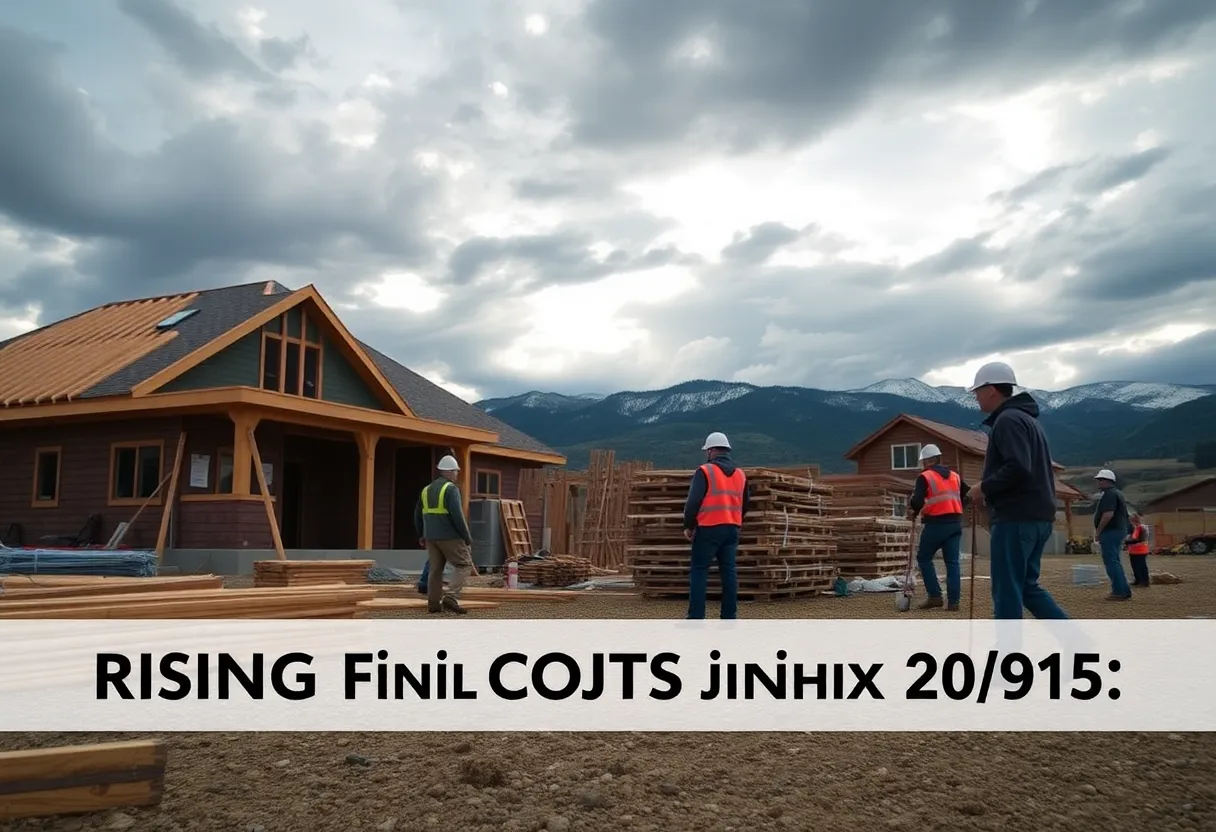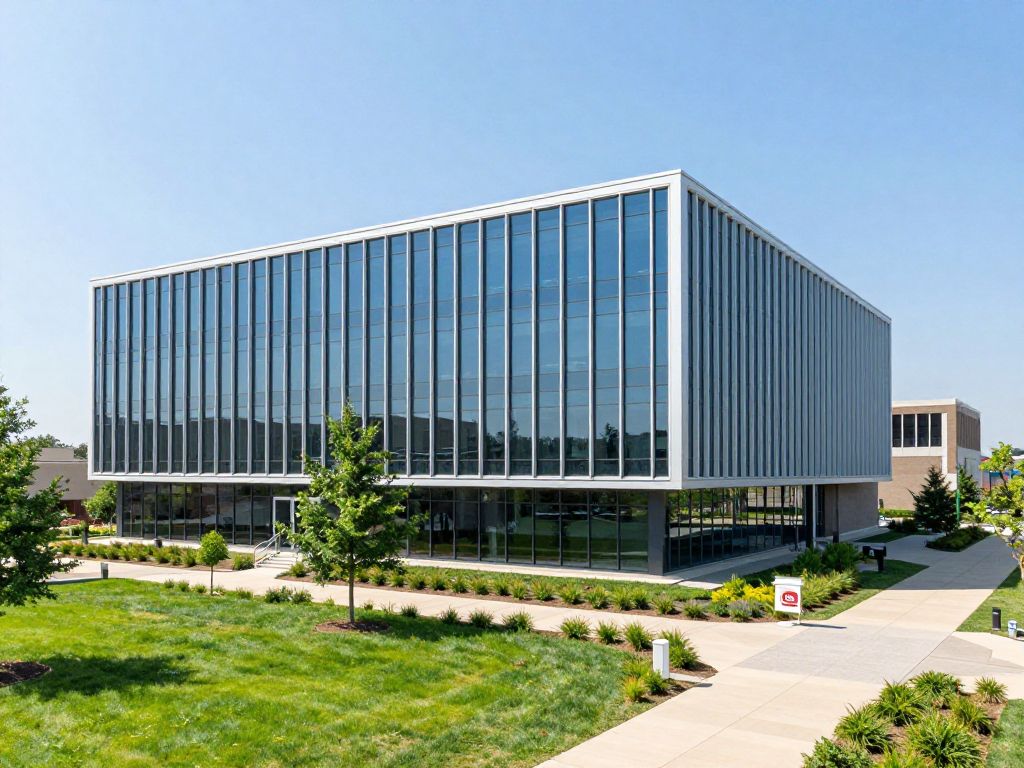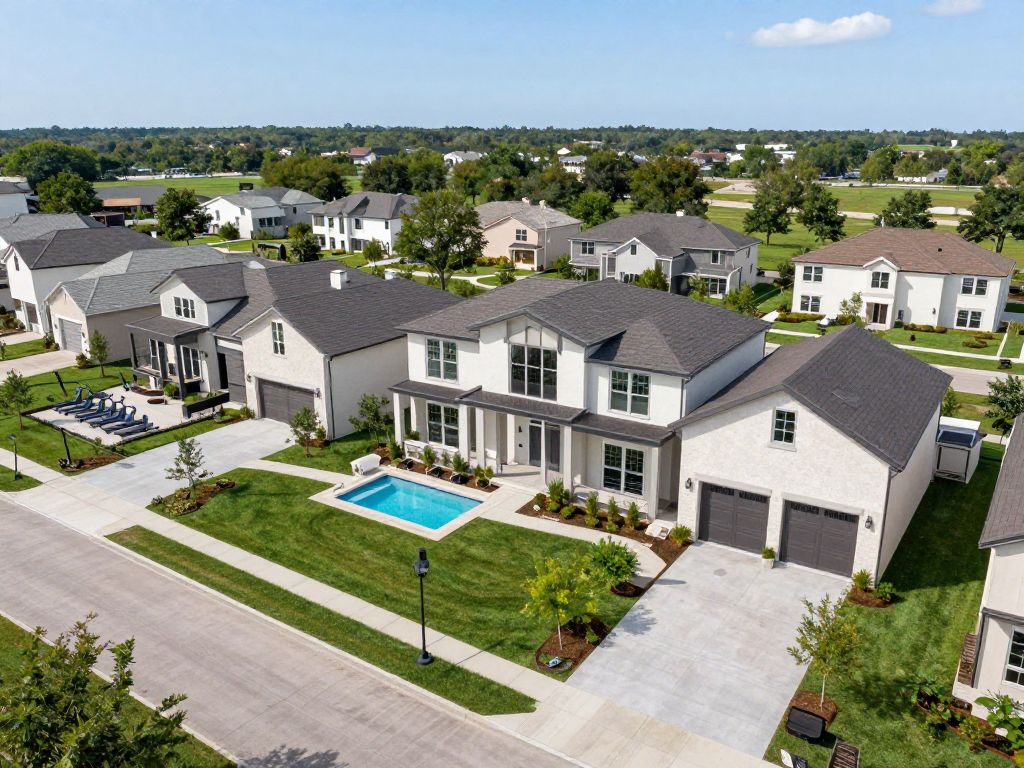Colorado, September 28, 2025
News Summary
The construction sector in Colorado is facing significant challenges due to a dramatic increase in tariffs on essential building materials. This rise is adversely affecting developer sentiment, profit margins, and escalating costs for businesses and consumers across the state. Governor Jared Polis’s recent report highlights that tariffs have surged from 3% in the previous year to 21%, a historical spike that threatens the construction industry’s growth and the availability of affordable housing in rural areas. As construction activity slows, the housing deficit remains a pressing concern.
Denver
The construction sector in Colorado is facing significant challenges due to rising tariffs on essential building materials, which are negatively impacting developer sentiment and profit margins. A recent report from the Colorado Office of State Planning & Budget indicates that the increasing costs associated with these tariffs are steering costs higher for both businesses and consumers across the state.
This analysis, released on September 4, 2025, followed an executive order by Governor Jared Polis in July aimed at studying the effects of tariffs on the state’s economy. The report reveals that tariffs have surged alarmingly from an average of 3% in 2024 to 21% in 2025, marking a sevenfold increase that mirrors levels not seen in over a century, with the last comparable spike occurring in 1910.
The ramifications of these tariffs extend beyond construction, impacting sectors like agriculture, durable and nondurable goods, energy, health care, and technology. These sectors represent more than 90% of Colorado’s international trade. Notably, the construction industry alone contributed $33 billion, or 6%, to Colorado’s gross domestic product (GDP) in 2024 and employs over 190,000 workers across more than 22,000 businesses.
Impact on Local Construction
In Colorado’s Western Slope, construction accounts for 9% of the region’s GDP and 10% of its job market. However, rising raw material costs for essential construction inputs, such as steel, aluminum, and copper, have surged by 20-40% compared to 2020 levels. Approximately 7% of materials used in residential construction are imported, contributing to project costs that are now 15-25% higher than they were five years ago.
Construction material costs constitute approximately 35-50% of a home’s total construction expenses. Consequently, concerns are growing regarding the potential for limited construction activity driven by decreased demand and higher capital costs. Initially, housing construction permits were expected to increase by 3.9% in 2025; however, forecasts have now been significantly downgraded to just 0.5%, with future estimates capping near 2024 levels.
Consequences for Affordable Housing
The combination of decreasing construction activity and rising costs aggravates the issue of affordable housing in rural Colorado. Although the state’s housing deficit has decreased from a peak of 140,000 in 2019 to 106,000 in 2023, the current environment pressures the construction sector and prolongs the challenge of meeting housing needs.
Governor Polis emphasized the detrimental effects of tariffs, asserting they are driving up consumer costs and impacting the economy, forcing families to confront tough financial decisions. Furthermore, a recent ruling by a U.S. federal appeals court signifies that the executive branch may lack authority over many of the enforced tariffs, with a decision regarding their future expected by October 14, 2025.
Counties expected to suffer the most from these tariff-induced challenges include Eagle, Garfield, and Mesa counties, in addition to the Denver Metro Area.
Summary of Key Findings
- Tariffs on construction materials in Colorado have risen from an average of 3% in 2024 to 21% in 2025.
- The construction industry contributed $33 billion (6%) to Colorado’s GDP in 2024.
- Raw material costs for construction have increased by 20-40%, making projects 15-25% more expensive than five years ago.
- Housing construction permits have been revised from a 3.9% increase to just 0.5% for 2025.
- Decreased construction activity could further worsen the affordable housing crisis, with a current deficit of 106,000 homes.
Frequently Asked Questions
What factors are driving up construction costs in Colorado?
Rising tariffs on essential building materials, along with increased raw material costs, are the primary factors contributing to higher construction costs in Colorado.
How have tariffs changed in recent years?
Tariffs on construction materials have risen from an average of 3% in 2024 to 21% in 2025, representing a sevenfold increase.
What is the impact of rising construction costs on housing permits?
Housing construction permits were initially expected to increase by 3.9% in 2025 but have now been revised to just 0.5% due to rising costs and weakened demand.
How does the construction industry impact Colorado’s economy?
The construction industry contributed $33 billion, or 6%, to Colorado’s GDP in 2024 and employs over 190,000 workers across more than 22,000 businesses.
Chart of Key Features
| Feature | Details |
|---|---|
| Average Tariff Increase (2024-2025) | From 3% to 21% |
| Contribution to Colorado’s GDP (2024) | $33 billion (6% of GDP) |
| Worker Employment in Construction | Over 190,000 workers |
| Projected Housing Permit Increase | Revised to 0.5% instead of 3.9% |
| Current Housing Deficit | 106,000 homes |
Deeper Dive: News & Info About This Topic
HERE Resources
Eli Lilly to Invest $6.5 Billion in Houston Manufacturing Plant
Eli Lilly to Build $6.5 Billion Manufacturing Facility in Houston
Eli Lilly to Invest $6.5 Billion in Houston Biomanufacturing Facility
Houston Welcomes Eli Lilly’s $6.5 Billion Manufacturing Facility
Nevada Faces Job Losses Amid Construction Sector Decline
Labor Shortages Challenge Small Construction Firms
Austin Launches First All-in-One Recycling Center for Construction
Major Immigration Raid at Hyundai’s EV Manufacturing Site
Construction Industry Faces Significant Challenges Ahead
Construction Industry Faces Challenges Amid Innovation
Additional Resources
- Vail Daily
- Google Search: construction tariffs
- Colorado Biz
- Wikipedia: Tariff
- Denver Post
- Encyclopedia Britannica: economics
Author: STAFF HERE HOUSTON TX WRITER
The HOUSTON STAFF WRITER represents the experienced team at HEREHouston.com, your go-to source for actionable local news and information in Houston, Harris County, and beyond. Specializing in "news you can use," we cover essential topics like product reviews for personal and business needs, local business directories, politics, real estate trends, neighborhood insights, and state news affecting the area—with deep expertise drawn from years of dedicated reporting and strong community input, including local press releases and business updates. We deliver top reporting on high-value events such as Houston Livestock Show and Rodeo, Art Car Parade, and Chevron Houston Marathon. Our coverage extends to key organizations like the Greater Houston Partnership and Houston Area Urban League, plus leading businesses in energy and healthcare that power the local economy such as ExxonMobil, Schlumberger, and Houston Methodist. As part of the broader HERE network, including HEREAustinTX.com, HERECollegeStation.com, HEREDallas.com, and HERESanAntonio.com, we provide comprehensive, credible insights into Texas's dynamic landscape.





